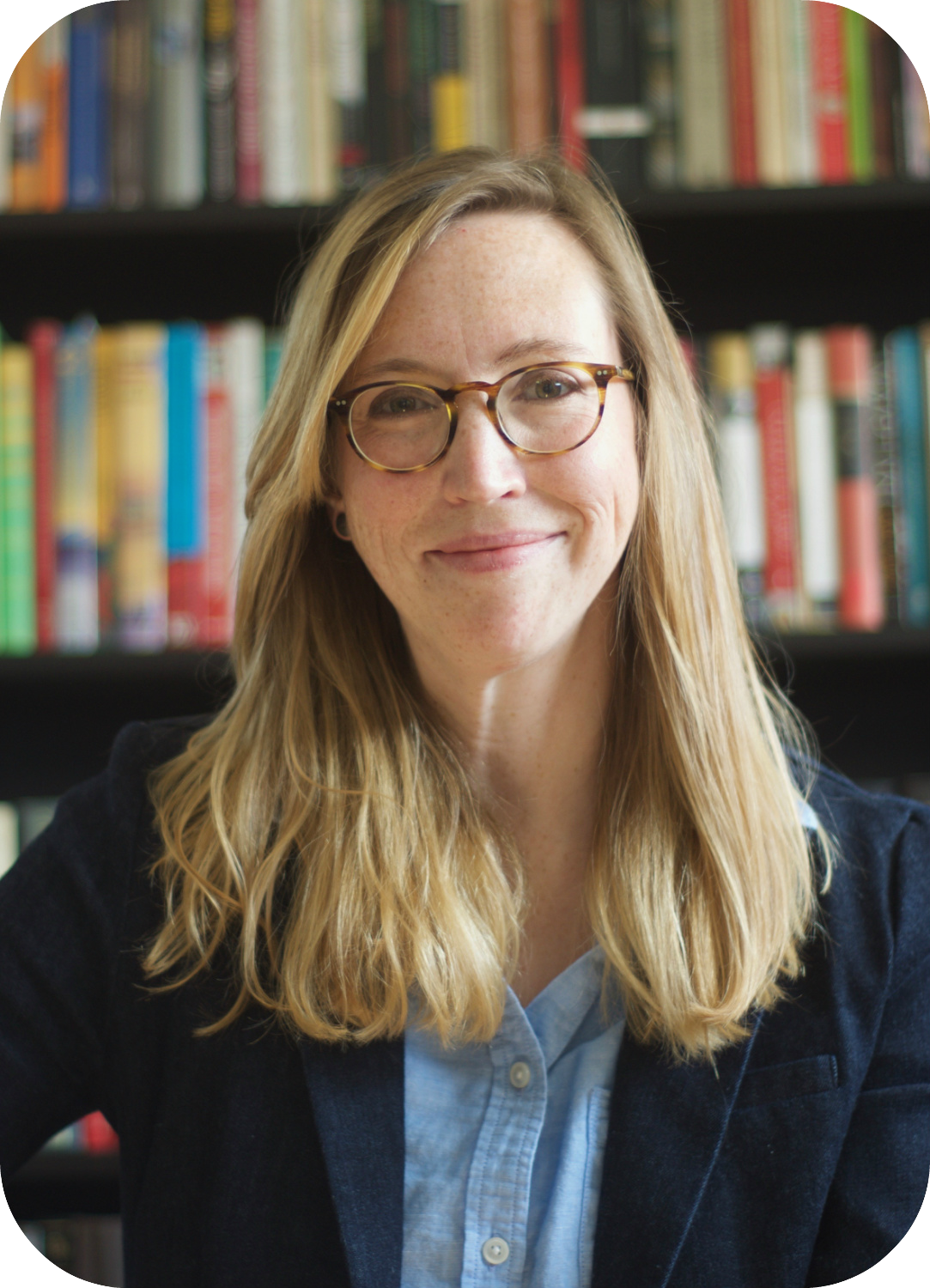
Caitlin Casey wins outstanding early year prize from the American Astronomical Society.
What excites me about this work is that our discoveries often seem to upend or completely reverse previously-drawn conclusions, and we still have so much to learn. This is, of course, the guiding principle of all scientific investigation and it keeps me driven. I don’t know what we’ll find tomorrow, but I know it'll be exciting.
Caitlin Casey
Gates Cambridge Scholar Caitlin Casey has been awarded an outstanding early-career achievement prize by the American Astronomical Society.
Casey [2007], who is an assistant professor in the University of Texas at Austin’s Department of Astronomy, was awarded the Newton Lacy Pierce Prize at the Society’s semi-annual meeting in Washington, D.C.
The organisation awards the prize each year for “outstanding early-career achievement in observational astronomical research based on measurements of radiation from an astronomical object”.
The Society said Casey was selected due to her work “on high-redshift star-forming galaxies and for pioneering new quantitative techniques for determining the importance of submillimeter galaxies in galaxy evolution”. It states: “Her measurements of their total luminosities show that submillimeter galaxies have enormous star-formation rates and represent the birth of the most massive galaxies in today's universe. In addition, she has helped establish the existence of protoclusters at high redshift and quantify their properties.”
Casey, who did her PhD in Astronomy at the University of Cambridge, will deliver a prize lecture at a future conference.
Her group at the University of Texas at Austin is investigating the most luminous galaxies on the edge of the observable universe and seeking to understand how those galaxies are embedded in the large-scale cosmic web. Casey’s work has shown that such extremely bright galaxies are uniquely useful for studying the formation history of galaxy clusters, which are the most massive gravitationally-bound objects in existence.
She says: “What excites me about this work is that our discoveries often seem to upend or completely reverse previously-drawn conclusions, and we still have so much to learn. This is, of course, the guiding principle of all scientific investigation and it keeps me driven. I don’t know what we’ll find tomorrow, but I know it'll be exciting."

Caitlin Casey
- Alumni
- United States
- 2007 PhD Astronomy
- St John's College
I'm currently an Assistant Professor of Astronomy at the University of Texas at Austin. I research galaxy formation and evolution from an observer's perspective; I use the Universe's most luminous galaxies to place constraints on the history of cosmic star-formation, collapse of large scale structure, and the formation of the first galaxies. I'm also interested in teaching pedagogy, how people learn, and how to make STEM fields more equitable and inclusive.
Previous Education
University of Arizona BS, Physics, Applied Math, Astronomy 2007












